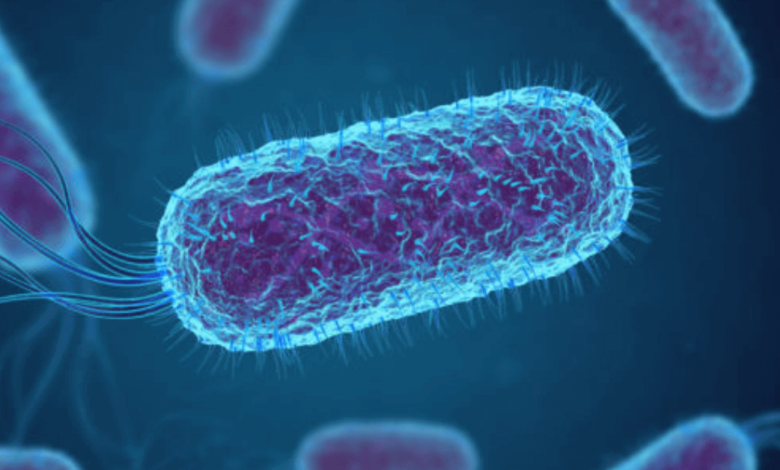
Egypt’s Health and Population Minister Khaled Abdel Ghaffar revealed the cause of the mystery outbreak recently reported in Aswan governorate as the E.coli bacteria.
He explained that the results of the visual examination of the samples obtained from the patients confirm the presence of E. coli, a bacterium commonly found in contaminated water or food contaminated with water containing the microbe.
According to the World Health Organization’s website, E. coli is a germ that usually infects humans and animals and can be infected through several ways, such as eating under-cooked meat or food or drinking contaminated water.
Signs and symptoms
E. coli bacteria can cause a variety of symptoms, which vary depending on the strain infected. Here are some common symptoms:
- Severe abdominal pain or cramps; the pain often starts suddenly.
- Watery diarrhea; it starts a few hours after the pain starts, and may turn bloody within a day of the infection.
- Nausea and vomiting.
- Fever; in some cases, the fever may be low (usually less than 38.33C).
- Fatigue and dehydration; as a result of fluid loss due to diarrhea and vomiting.
If you suspect that you or a family member has E. coli, it is important to see a doctor immediately to get a diagnosis and appropriate treatment.
E. coli can grow at temperatures between 7°C and 50°C, with an optimum growth temperature of 37°C.
The incubation period is three to eight days, with an average of three or four days, and most patients recover within 10 days.
In a small percentage of patients (especially young children and the elderly), the infection can lead to a life-threatening illness such as hemolytic uremic syndrome.
Person-to-person contact is an important route of transmission, so it is important to follow the World Health Organization and Centers for Disease Control and Prevention guidelines to prevent the disease.
Ways to prevent E. coli
- Wash hands well with soap and water after using the bathroom, before eating, and after handling raw meat.
- Cook food properly, (especially ground meat) to an internal temperature of 70C to ensure that bacteria are killed.
- Avoid unpasteurized milk and cheese, you should avoid consuming unpasteurized dairy products that may contain E. coli bacteria.
- Wash fruits and vegetables well under running water before eating or cooking them, especially those eaten raw.
- Avoid cross-contamination, use different kitchen utensils and equipment for raw meat and other foods, and avoid using the same knife or cutting board.
- Store food properly at appropriate temperatures and avoid leaving it outside the refrigerator for long periods.
- Health monitoring of animals: ensure that pets and livestock are subject to health monitoring and appropriate vaccinations, as some strains can be transmitted to humans.
- Awareness and education: raise awareness about E. coli bacteria and prevention methods through community awareness campaigns.
Edited translation from Al-Masry Al-Youm




